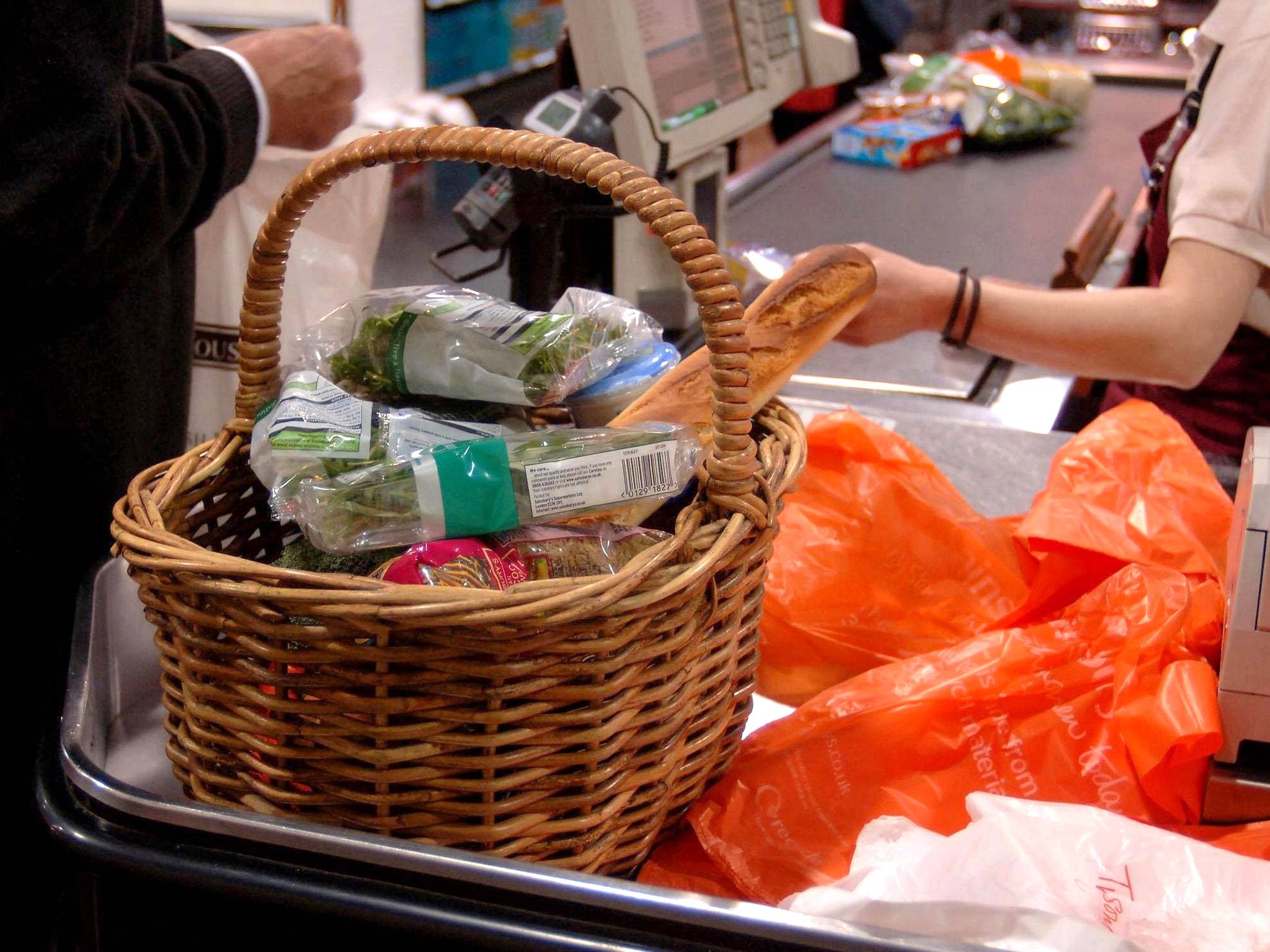Fall in inflation fuels hopes of rise in living standards
Pay increases now more likely to outstrip cost of living growth as CPI rate sinks to 2 per cent

Inflation has fallen to the Bank of England’s target rate of 2 per cent after four years of overshoots – fuelling hopes that the end of the long squeeze on household living standards is finally in sight, with the possibility of more people receiving real-terms pay increases.
The Office for National Statistics reported that the annual rate of growth in the Consumer Prices Index edged down from 2.1 per cent in November, ensuring that for the first time since November 2009 the rate has not exceeded the Bank’s official target.
A Treasury spokesman said the reading, which was slightly better than most City economists had expected, was “another sign that the government’s long-term economic plan is working”.
Some economists are now predicting that inflation will fall below the rate of pay growth this year for the first time since 2009. “That will help return real wages to growth and move the recovery onto a more sustainable footing,” said Rob Wood of Berenberg Bank.
However Labour’s Catherine McKinnell pointed out that, at the moment, prices are still rising at around double the rate of average remuneration increases, meaning that the “cost-of-living crisis” continues for now.
The most recent pay figures from the ONS show that average total pay went up by just 0.9 per cent in the three months to October.
The biggest contribution to the fall in the inflation rate came from a decline in the price of groceries. The price of computer games also fell.
Rises in gas and electricity costs put pressure in the other direction. But the ONS stressed that its data collection ended before the pre-Christmas discounting by retailers got going.
The decline eases the pressure on the Bank of England’s forward guidance policy on interest rates. Last summer the Bank pledged to keep base rates on hold at the record low of 0.5 per cent until inflation fell to 7 per cent, something it did not expect until the second half of 2016.
But unemployment has fallen much more rapidly than the Bank expected over the past 12 months and some economists expect the 7 per jobless threshold to be reached this year.
However, with inflation back at target, the Bank has more leeway to delay a rise in interest rates, which it fears could derail the recovery if implemented too soon.
“The easing in price pressures is a welcome relief to policy makers at the Bank of England and helps keep the spectre of higher interest rates at bay” said Chris Williamson of the financial research firm Markit.
Inflation fell sharply in the 2008-09 recession, but then shot up in the following years, peaking at over 5 per cent in the autumn of 2011.
This reflected spikes in global energy prices, but was also a result of the 20 per cent depreciation in the value of sterling in international currency exchanges.
Despite the easing of CPI inflation, the ONS reported that the retail prices index, used to guide certain rail fare and benefit increases, rose to 2.7 per cent in December.
On the other hand, factory gate prices were still subdued. According to the ONS, producer prices rose by 1 per cent, compared with November’s 0.8 per cent increase.
“Looking ahead, we expect the CPI inflation rate to fall further to 1.9 per cent over the coming months, but then to start rising at the end of spring,” said Azad Zangana of Schroders.
Subscribe to Independent Premium to bookmark this article
Want to bookmark your favourite articles and stories to read or reference later? Start your Independent Premium subscription today.

Join our commenting forum
Join thought-provoking conversations, follow other Independent readers and see their replies